Pet Food and Allergies
Pet Food and Allergies
According to the National Pet Owners Survey for 2017, from the American Pet Products Association (APPA), sixty-eight percent of all households in the U.S. own a pet. This translates in roughly 85 million homes across the country that have a dog, cat or other animal they consider to be part of the family. Additionally, according to the APPA study, we spend roughly $300-$350 per cat and dog total annually to provide food, food treats, and vitamins. What we spend that money on however is important because there are common food allergies that our friends suffer from. A lack of awareness of what these problems are could put the health of your pet at risk.
Some of the common allergens that can compromise the health of our pets come from these sources.
- Corn
- Soy
- Wheat
- Pasteurized Dairy (e.g. milk, eggs, cheese)
How Do We Know If Our Pets Are Getting Sick?
Reactions to those common allergens found in many of the common brands that we feed our pets may vary depending on the size, type, and age of pur pets. Some of the telltale signs that should be obvious and manifest themselves when feeding our friends include:
- Itchy Pet Skin (one of the number one common symptoms)
- Ear Infections
- The Loss of Hair
- A Glassy Animal or one that experiences diarrhea
- Poor Quality Coat
A diagnostic for any potential problems that are medically-based should be conducted, after which a food trial to a food source that does not contain the common pet allergens. Switching temporarily to food that is process free and does not contact processed dairy, corn, wheat or soy may be what is needed to eliminate the symptoms of poor health and help your pet enjoy a happy, long life!
Protect Your Pets From Pet Allergens
Consider a dietary change for your dog or cat as a way to avoid common food allergens and as a way to protect their health. The use of single ingredient treats, for example, may be an idea for helping to maintain your pet's health long term and avoid some of the above described symptoms. You should also consider the benefits of switching from your standard meals to a raw pet food source. The products Rawpetfood.com offer you a way to take care of your family member the way they should be treated and reduce the potential for adverse effects. You can sign up and order online and have the food delivered to your door. Simple and easy to use. Why would you consider anything else when it comes to your dog or cat's health and happiness?



